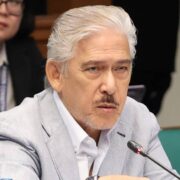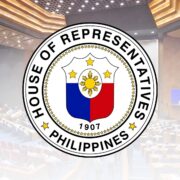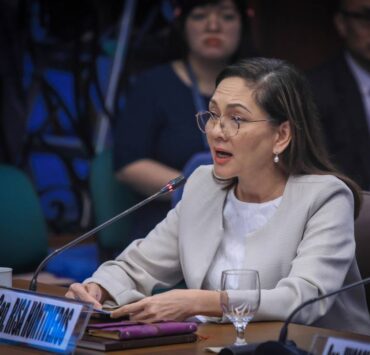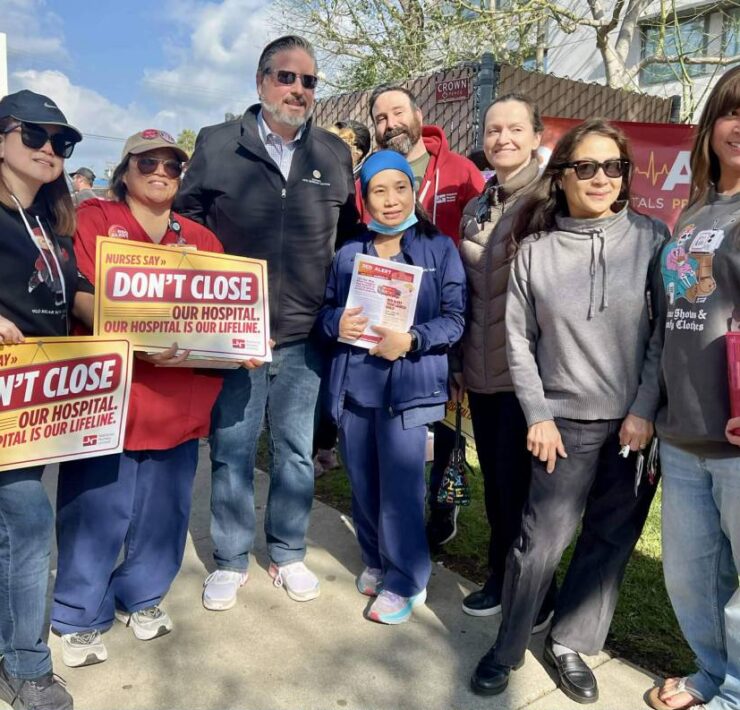House leaders press PhilHealth to defer 2025 premium collections
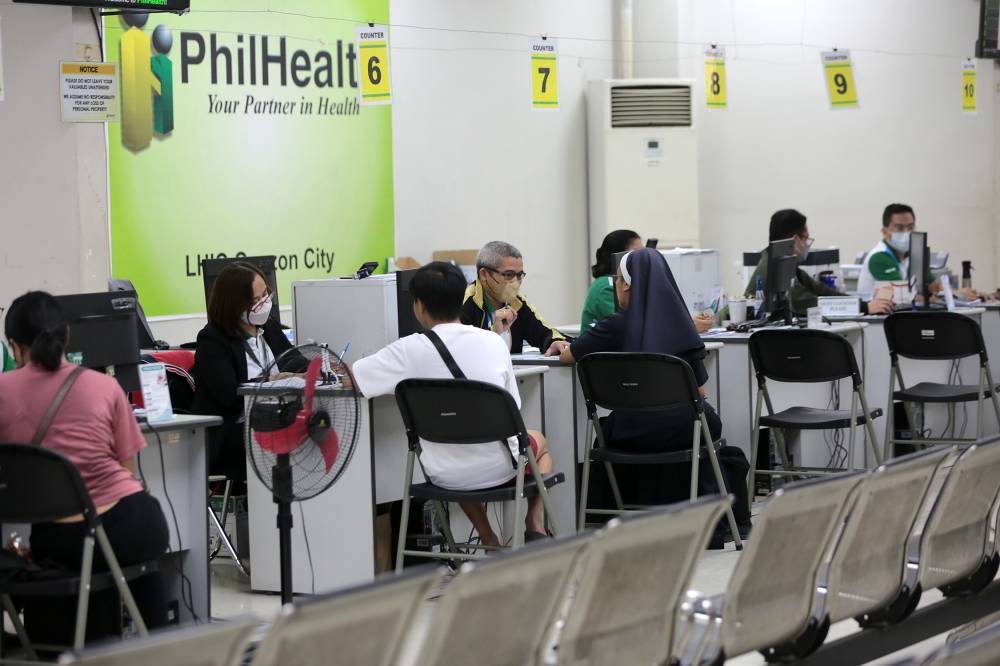
Lawmakers have called on the state-run Philippine Health Insurance Corp. (PhilHealth) to suspend the collection of premium contributions this year and to focus more on helping Filipinos address their medical needs.
Marikina Rep. Stella Quimbo urged PhilHealth to seriously consider a one-year moratorium on its premium collections, citing the agency’s “substantial” surplus funds.
Reiterating Speaker Martin Romualdez’s call last month, the acting chair of the House of Representatives’ appropriations panel said there was merit to the proposal as the state health insurer should be focused on maximizing member benefits instead of generating profits.
Not for profit
Agri Rep. Wilbert Lee, who shared the view, filed a measure seeking to amend Republic Act 11223, or the Universal Health Care Act, to improve PhilHealth’s services in providing sufficient health coverage for Filipinos.
During Wednesday’s PhilHealth briefing before the House committee on good government and public accountability, Quimbo reiterated to agency officials Romualdez’s appeal for a moratorium, stressing that as a social health insurance program, the agency should not be making profits.
She questioned the need for PhilHealth’s continuous premium collection despite its significant reserves, pointing out in Filipino, “You have a faucet that’s turned on with a bucket catching the water that’s already overflowing. What should be done?”
“To prevent water wastage, the tap should be closed,” answered Health Assistant Secretary Albert Domingo.
Efficient fund usage
PhilHealth senior vice president Israel Pargas had informed the committee that the agency collected about P195 billion in direct premiums last year. Suspending premium collections for a year would mean foregoing about P2.34 billion in members’ payments for PhilHealth.
Still, Quimbo noted that the state insurer’s financial standing would remain strong even with its increased spending on benefits planned this year.
She also raised concerns over PhilHealth’s ability to spend its funds efficiently as well as its actuarial basis in determining premium rates.
The lawmaker pointed out that the agency’s funding structure, primarily derived from “sin” taxes, resulted in a growing pool of funds that might not match the actual health needs of members.

Another probe
“Currently, the basis for premium collections doesn’t seem to correspond with the actual needs of our ‘kababayan,’” she said, urging PhilHealth to present clear plans to improve actuarial management and ensure that funds were being used effectively.
Quimbo stressed the need for PhilHeath to prioritize the welfare of its members and ensure their contributions translate to tangible benefits.
Last month, Romualdez announced that the House would be conducting a probe on how PhilHealth’s funds were being managed.
He said that should the investigation show that PhilHealth’s existing funds were being underutilized or in excess of what’s needed for its operations, the House would recommend a one-year suspension of premium payments by paying members as a “form of relief to millions of Filipinos already grappling with inflation and rising prices.”
The Leyte lawmaker also proposed further expanding the benefits for members and reducing premium contributions.
“PhilHealth exists to provide security and comfort in times of medical emergencies. It should not hoard resources at the expense of its members,” Romualdez pointed out.
Benefits enhancement
Meanwhile, Lee filed House Bill No. 11297 to amend RA 11223, which placed greater emphasis on premium collection rather than enhancement of benefits.
HB 11297 would increase PhilHealth’s budget for administrative costs to boost its actuary teams, which evaluate some 9,000 case rates, in a bid to address the agency’s lack of personnel that has caused delayed payments.
The draft measure underscored the critical role of PhilHealth in “managing not only the increase of premium collections but also in prioritizing the improvement of benefits for its members.”
“By giving equal attention to both the generation of premiums and the enhancement of benefits, PhilHealth can adopt a more balanced and sustainable approach to its operations, thereby addressing the evolving health-care needs of the population while remaining within the fiscal constraints established by law,” Lee noted.
Administrative cost
HB 11297 would remove the provision allocating up to only 7.5 percent of actual total premiums collected to the administrative cost of implementing the national health insurance program.
The bill would instead authorize PhilHealth to “charge to the various funds under its control the costs of administering the program,” including expenses for administration, monitoring, marketing and promotion, research and development, audit and evaluation, and other necessary activities.
However, it provides that the total annual costs should not exceed 5 percent of the total contributions; 10 percent of total reimbursements, and 5 percent of investment earnings generated in the immediately preceding year.









